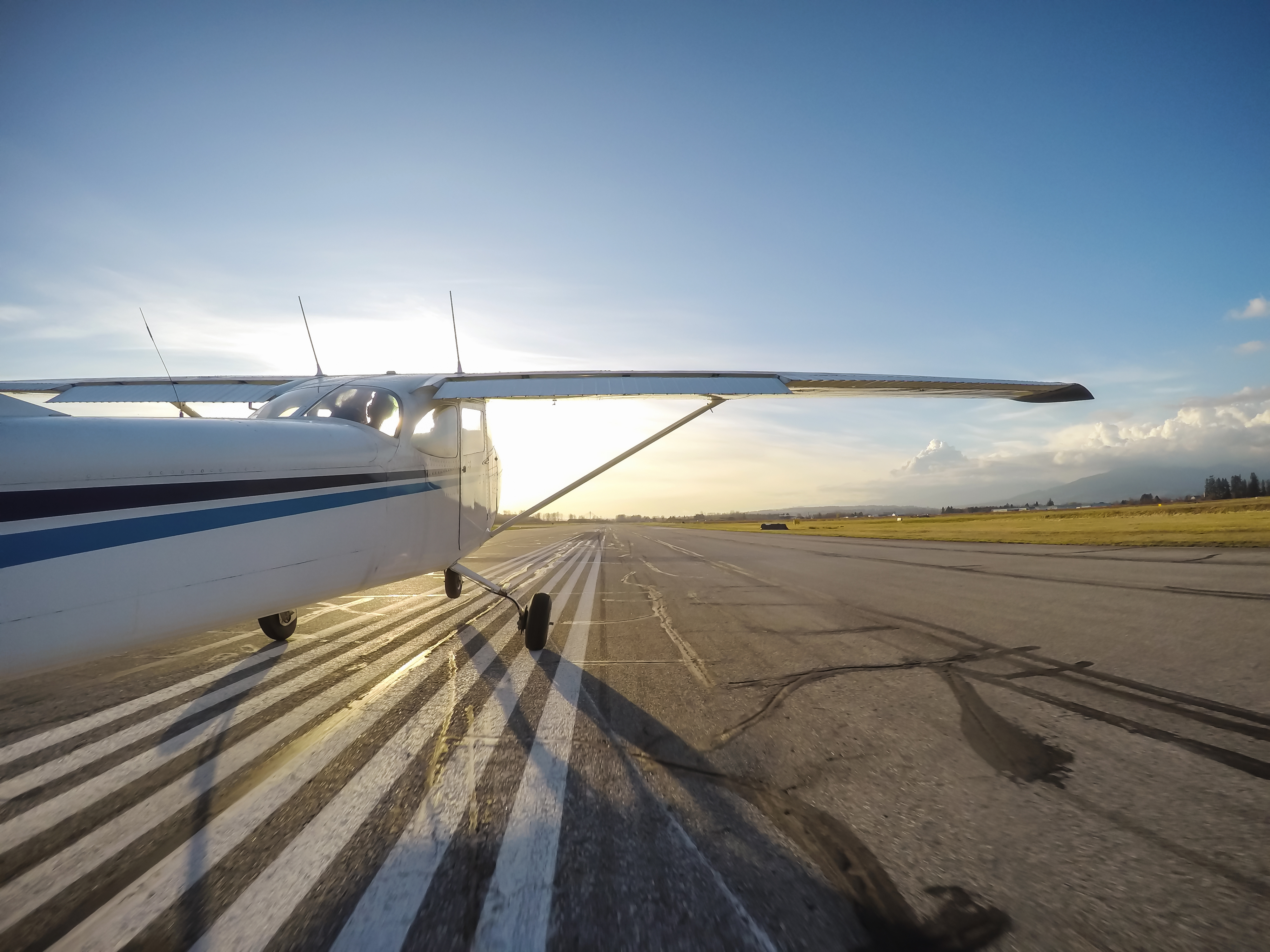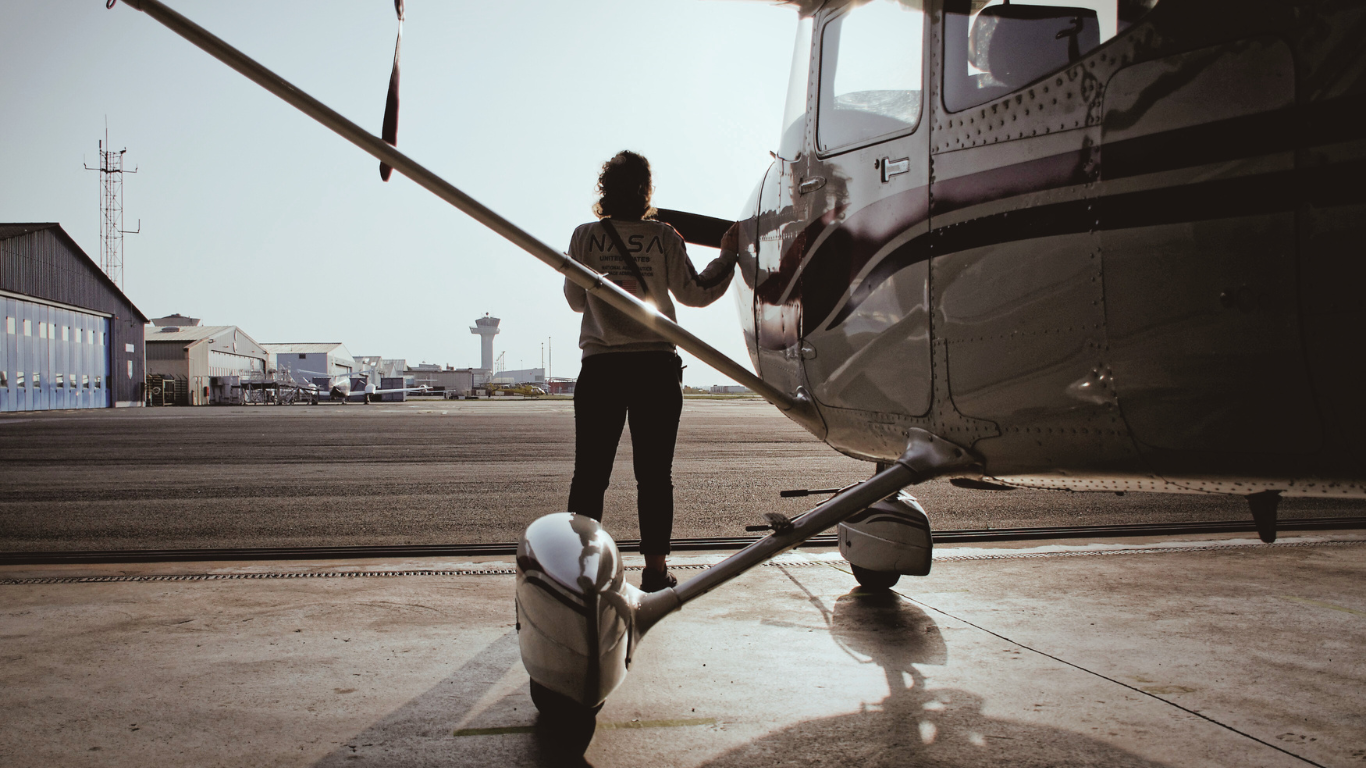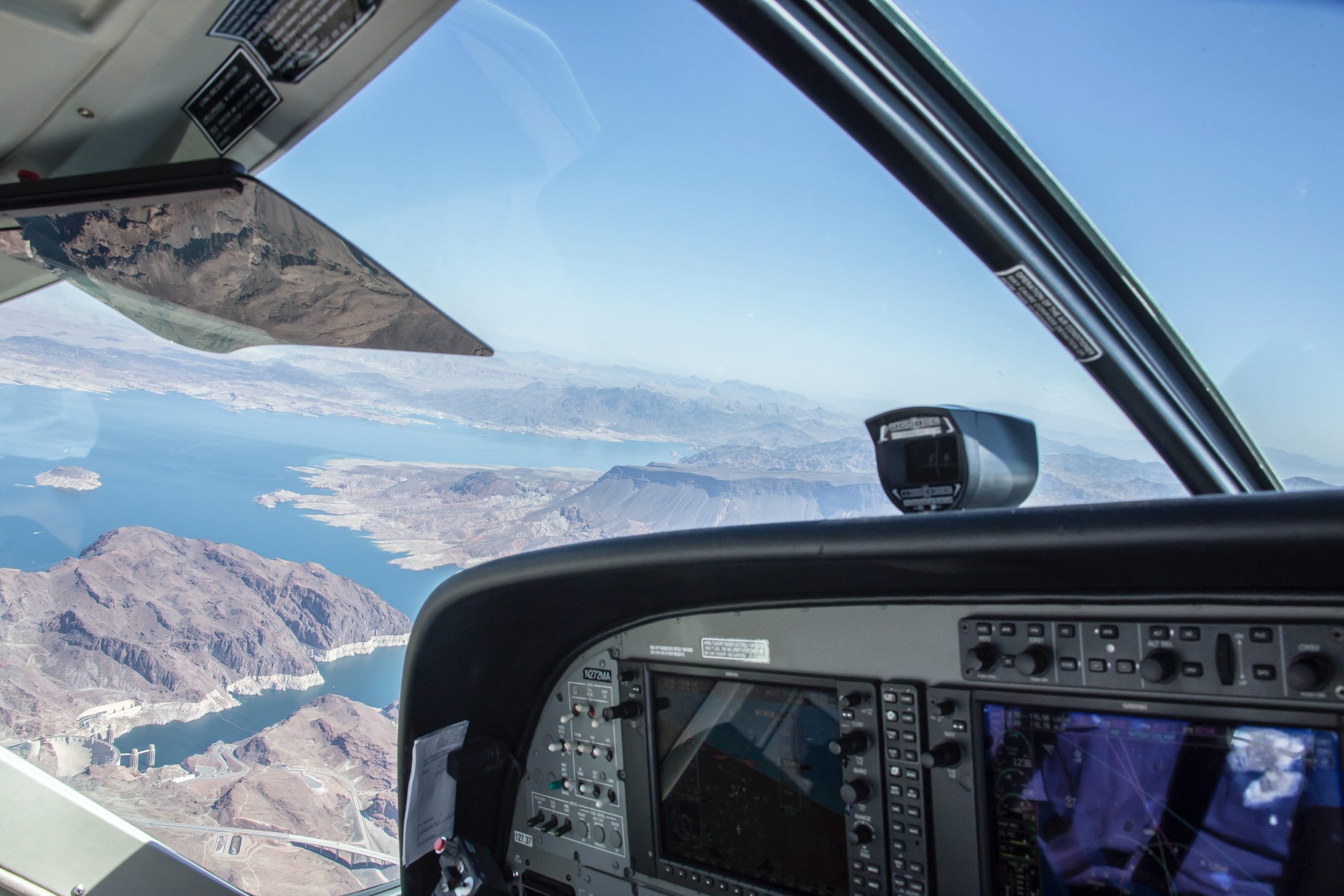Before you can fly, you must first believe.
Pilots are trained to master checklists, airspace, and maneuvers—but few are taught how to manage their attention, emotions, or self-talk under pressure.
Our system is built on proven tools from performance psychology, sports science, and aviation safety—translated for the unique mental demands of flight training.

Deliberate Practice
Simply building hours doesn't always make you better. What matters is how you practice—targeted focus, feedback loops, and reflection. We help pilots build mental reps that stick.
Ericsson, K. A., Krampe, R. T., & Tesch-Römer, C. (1993). The role of deliberate practice in the acquisition of expert performance. Psychological Review, 100(3), 363–406.

Inner Game Theory
Borrowed from sports psychology, Inner Game is the idea that your biggest opponent isn’t the airplane—it’s the voice inside your head. We help you quiet Self 1 (the critic) and let Self 2 (the doer) fly the aircraft.
Gallwey, W. T. (1974). The Inner Game of Tennis. Random House.
Gallwey, W. T. (2000). The Inner Game of Work. Random House.

Flow Beats Force
Your best flights happen when you’re focused but relaxed, aware but not overthinking. This state—known as flow—emerges when you trust your training and tune out judgment. We help you train that trust.
Csikszentmihalyi, M. (1990). Flow: The Psychology of Optimal Experience. Harper & Row.

Mental Rehearsal Builds Neural Pathways
Visualization activates the same neural circuits as real flight. Used properly, it boosts performance, reduces anxiety, and increases retention.
Feltz, D. L., & Landers, D. M. (1983). The effects of mental practice on motor skill learning and performance: A meta-analysis. Journal of Sport Psychology, 5(1), 25–57.
Guillot, A., & Collet, C. (2008). Construction of the motor imagery integrative model in sport: a review and theoretical investigation. International Review of Sport and Exercise Psychology, 1(1), 31–44.

Crew Resource Management
CRM is about using all available resources, and you're a vital part of the crew! We teach mental checklists, briefing habits, and decision tools to help you stay ahead of the airplane.
Helmreich, R. L., & Foushee, H. C. (1993). Why crew resource management? Empirical and theoretical bases of human factors training in aviation. NASA Technical Memorandum 103884.
Kanki, B. G., Helmreich, R. L., & Anca, J. M. (2010). Crew Resource Management (2nd ed.). Academic Press